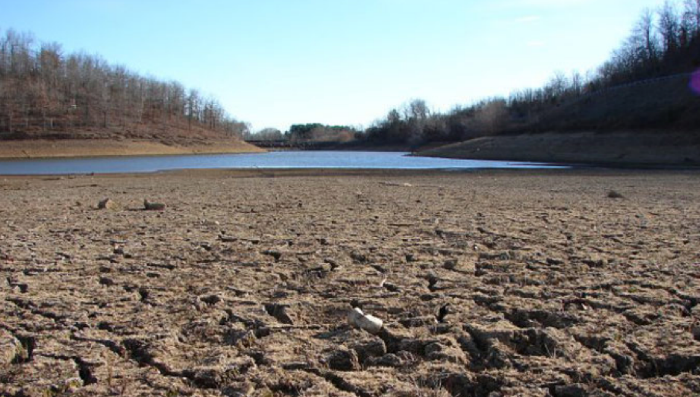Moulton Niguel Water District |  California
California
Objectives
- Develop a “proof of concept” water demand forecasting model using flow data at the microzone level for potential future scaling to other retailers in the California Data Collaborative, a unique water manager-led public private partnership that brings together utilities across the state to leverage data to help water managers ensure reliability.
Findings
- Created data infrastructure and dashboards to forecast water demand at the microzone level in Moulton Niguel Water District, saving the agency an estimated $5 million in avoided capital storage costs
Question
Moulton Niguel Water District (MNWD) provides water, recycled water, and wastewater service to approximately 170,000 people across several cities in Southern California where droughts have plagued local communities for the past several years. Like many areas in the region, MNWD does not have access to local water supplies so must bear the expense of importing all of its drinking water supply from the Colorado River or the Sacramento-San Joaquin Delta. It also supplements this with recycled water, treated water that would otherwise run out to sea, for irrigation and other non-potable uses.
Facing the worst drought California has seen in the past 500 years, MNWD approached DataKind for help to more precisely and accurately forecast water demand to improve pricing, expand conservation programs and implement initiatives to increase the efficiency of water transportation throughout its network.
What Happened
In a DataCorps project sponsored by Bloomberg, Data Ambassador Will High and a team of volunteers started off by diving into the data, including MNWD’s past 12 years of water usage data, weather data and census data on household characteristics. Specifically, MNWD wanted to forecast demand for its irrigation customers using high volumes of recycled water. If they could more efficiently manage and anticipate peak irrigation water demand, they could avoid having to import expensive potable water as a supplement.
This kind of short term demand forecasting is commonly used in the energy sector, but has not been widely adopted by water utilities in the U.S. The DataCorps team hoped to bring the same approach to MNWD to help manage recycled water demand, inform better conservation programs and improve pricing for its customers.
After several months of analysis and work, the team created an open source dashboard to predict recycled water demand at the microzone level in Moulton Niguel Water District:

Check out and contribute to the underlying open source code.
The blue line is forecasted demand, shown with a confidence band. If the blue line shows any chance of reaching or exceeding the maximum supply estimate, which is the red line, this signals a warning to the MNWD analyst. The analyst can then use this to better manage future resources by reaching out to the largest water consumers to request that they reduce usage for the period or shift their schedules.
Next Steps
MNWD is part of the California Data Collaborative, a unique water manager-led public private partnership that brings together utilities across the state to integrate data and deploy tools like this to help water managers ensure reliability. They hope to scale this tool across other water retailers through the California Data Collaborative to more efficiently transport water throughout the California water system. With accurate short term demand forecasting, California water managers will be able to adjust the timing and routing of water through their network to plan for peak needs and schedule the movement of water around peak electric prices.
The Collaborative was honored by the White House for its innovative use of data to promote water efficiency and management. On a statewide level, MNWD believes these types of data-driven efforts could help California create a more sustainable level of urban water use and prepare for future potentially worse droughts.
Learn More
- Read this blog from Moulton Niguel Water District
- Meet the team in the project’s kickoff blog!
- Learn more about the California Data Collaborative
- Check out the team’s dashboard and contribute to the open source code!



